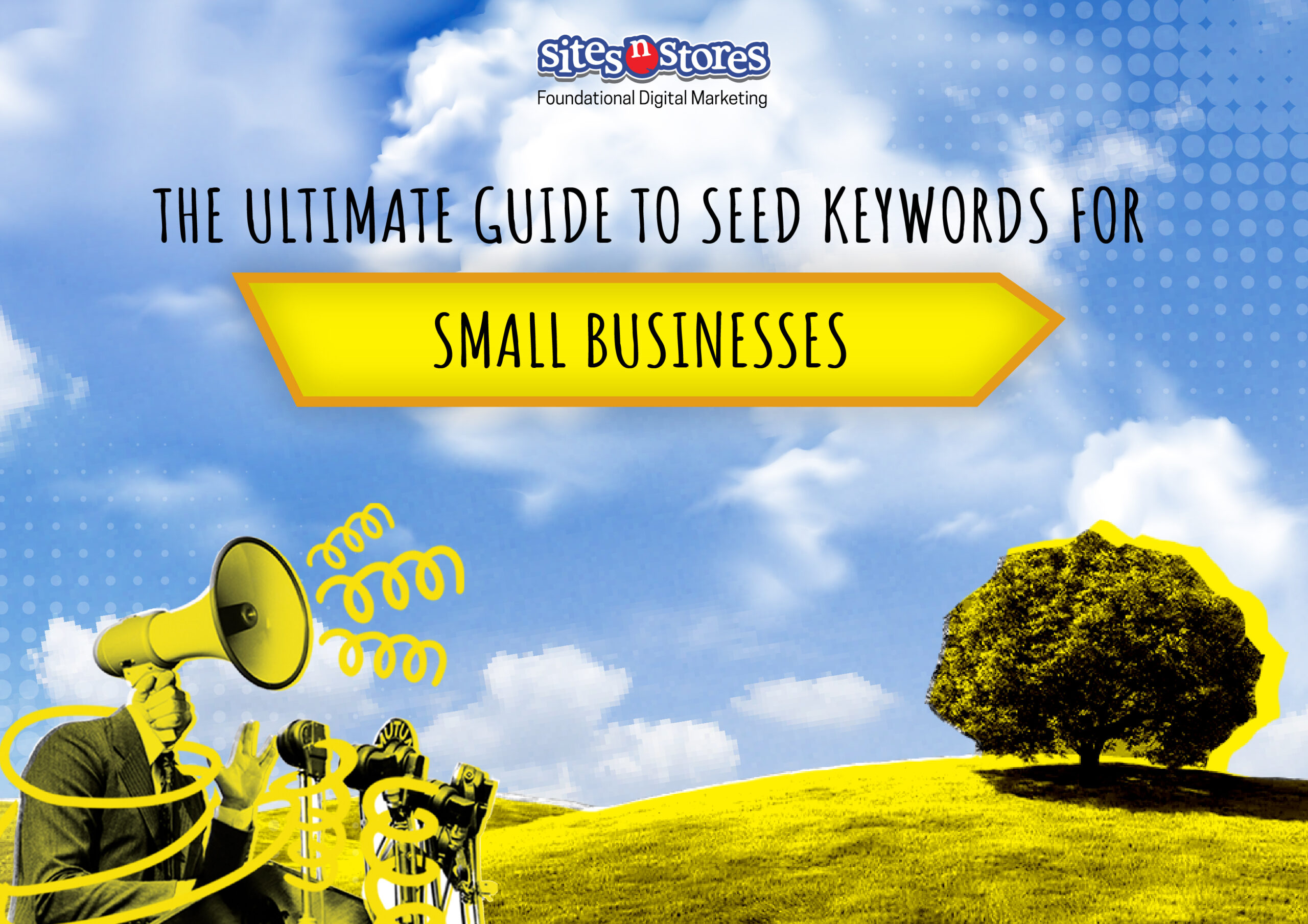In the competitive world of Online Marketing, understanding and utilising seed keywords can be a game-changer for Small Businesses. These foundational keywords form the bedrock of effective SEO strategies, helping you attract the right audience and drive traffic to your Website. But what exactly are seed keywords, and how can you use them to boost your business? Let's break it down.

What Are Seed Keywords?

Why Seed Keywords Matter
Foundation of SEO: Seed keywords help you build a strong SEO strategy by targeting the most relevant search terms.
Market Understanding: They provide insights into what your potential Customers are looking for.
Content Creation: Seed keywords guide your content strategy, ensuring you create valuable and relevant content.

How to Use Seed Keywords
Start with Brainstorming: Begin by listing words and phrases that are directly related to your business. Think about the products or services you offer and the problems they solve.
- For example: If you own a bakery, your seed keywords might include "fresh bread," "gluten-free pastries," or "custom cakes."
Use Keyword Research Tools: Leverage tools like Google Keyword Planner, Ubersuggest, or Ahrefs to expand your list of seed keywords. These tools will help you find related keywords, search volumes, and competition levels.
Analyse Competitors: Look at your competitors' Websites to see which keywords they are targeting. This can provide valuable insights and help you identify gaps in your own strategy.
Create High-Quality Content: Use your seed keywords to guide your content creation. Ensure that your blog posts, Website Copy, and Social Media content are optimised with these keywords. Remember to:
- Include seed keywords naturally within your content.
- Use variations and synonyms to avoid keyword stuffing.
Optimise On-Page SEO: Ensure that your seed keywords are strategically placed in key on-page elements such as:
- Title Tags: The main headline of your web pages.
- Meta Descriptions: Brief summaries that appear in search results.
- Headings and Subheadings: Help to structure your content.
- URL Slugs: The part of the URL that comes after your domain name.
- Alt Text for Images: Descriptions for your images to improve accessibility and SEO.
Monitor and Adjust: Optimisation is an ongoing process. Regularly monitor your Website analytics to see how well your seed keywords are performing. Adjust your strategy based on what's working and what isn’t.
Tips for Monitoring:
- Track your keyword rankings over time.
- Analyse which pages are driving the most traffic.
- Use tools like Google Analytics to understand user behaviour.
Seed keywords are the building blocks of a successful Digital Marketing strategy for Small Businesses. By identifying and effectively using these keywords, you can improve your online visibility, attract the right audience, and ultimately drive more sales. Start by brainstorming, use keyword research tools, analyse your competitors, and create high-quality content. Don’t forget to optimise your website and continually monitor your performance.

Identify Your Competitors Today with Our Free Comprehensive Guide!
Ready to take your start optimising your Website with keywords but aren’t sure where to start? Download our guide on ‘How to Identify Your Competitors’ so you can see what keywords they are targeting. Happy optimising!



